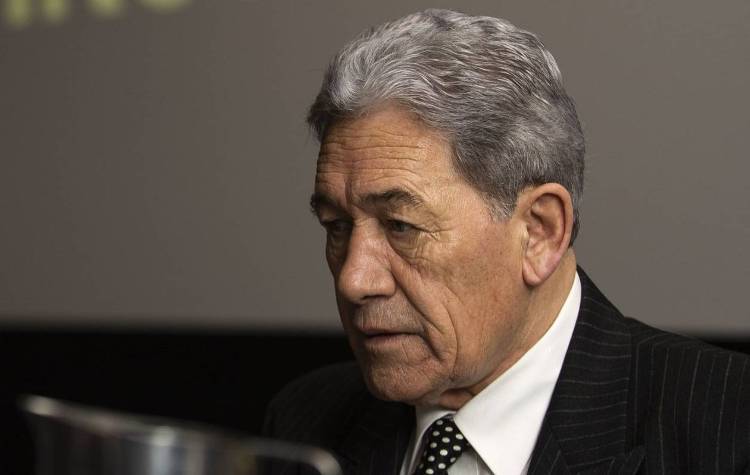NZ to Decide on Recognition of Palestinian State in September, Peters Says
Speaking after taking an oral item on the matter to Cabinet, Peters said the ongoing humanitarian catastrophe in Gaza was at the forefront of global concern and directly relevant to the debate over recognition.

- Country:
- New Zealand
The Government will spend the next month carefully weighing its position on whether to formally recognise a state of Palestine, Foreign Minister Winston Peters has confirmed. The decision is set to be considered by Cabinet in September, with Peters emphasising that the issue is complex, politically sensitive, and tied to New Zealand’s longstanding foreign policy principles.
Speaking after taking an oral item on the matter to Cabinet, Peters said the ongoing humanitarian catastrophe in Gaza was at the forefront of global concern and directly relevant to the debate over recognition.
“New Zealand, as a long-standing supporter of the two-state solution and Palestinian self-determination, is an active participant in discussions about how to broker a ceasefire and a political settlement to enable Israelis and Palestinians to live peacefully side-by-side,” Peters said. “While we are a long way away from the Middle East, we will continue to ensure our voice is heard.”
Balancing Principles, Partners, and Realities on the Ground
Peters noted that some of New Zealand’s close international partners have already recognised a Palestinian state, while others have not. He stressed that New Zealand’s decision would be guided by its independent foreign policy, values, and national interests rather than external pressure.
“New Zealand has been clear for some time that our recognition of a Palestinian state is a matter of when, not if,” Peters said. “The key question is whether the pre-requisites for a viable and legitimate Palestinian state — in security, political, diplomatic, and economic terms — currently exist.”
The Foreign Minister outlined the benchmarks New Zealand would use in making its assessment, including:
-
Security stability in the territories concerned.
-
Political and diplomatic capacity for effective governance.
-
Economic sustainability for a future Palestinian state.
-
Progress toward peace and mutual recognition between Israel and Palestine.
He acknowledged that facts on the ground were deteriorating rapidly, that close partners were divided on recognition, and that many Arab states had made clear Hamas must disarm and have no role in future Palestinian governance.
Decision Timeline and International Context
Cabinet is expected to formally debate the issue in September, deciding whether New Zealand should recognise Palestine now and, if so, determining the timing and process for doing so. Peters emphasised that the Government would use the next month to consult widely, canvassing the range of views held across Parliament, within government, and among the public.
“This is not a straightforward, clear-cut issue,” Peters said. “It is only right that this complicated question be approached calmly, cautiously, and judiciously.”
The decision will also feed into New Zealand’s diplomatic positioning ahead of Peters’ trip to New York in late September for the United Nations Leaders’ Week, where he will present the Government’s stance.
Longstanding Policy and the Path Forward
New Zealand has consistently supported a two-state solution, advocating for both Israeli security and Palestinian self-determination. While recognising Palestine has been described as inevitable, successive governments have maintained that recognition must be linked to tangible progress toward a viable state that can function peacefully alongside Israel.
The September decision is expected to be one of the most significant foreign policy calls of the current Government, with implications for New Zealand’s diplomatic relationships, its standing in multilateral forums, and its role in Middle East peace efforts.










